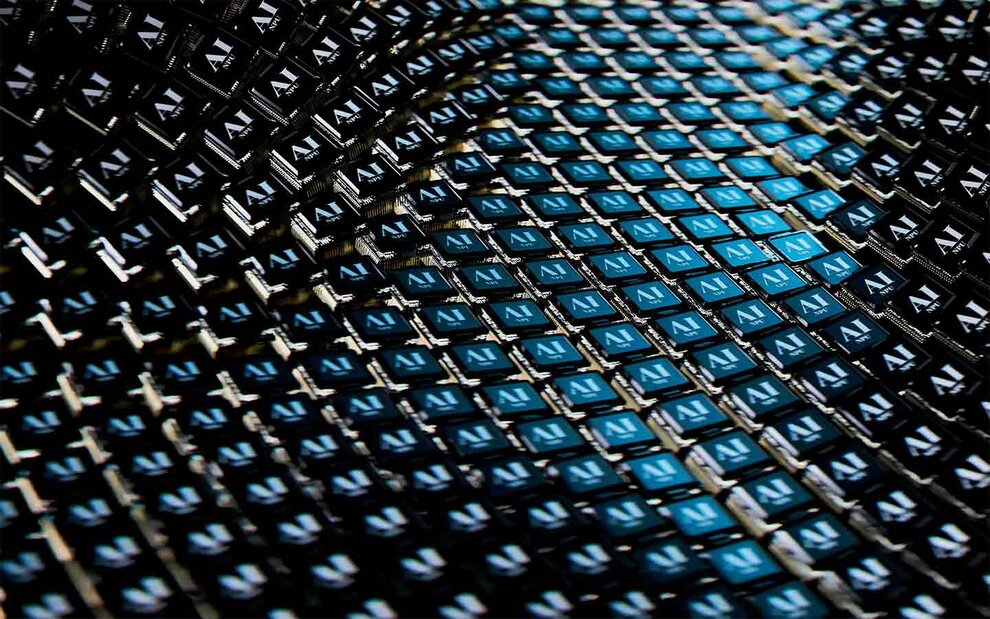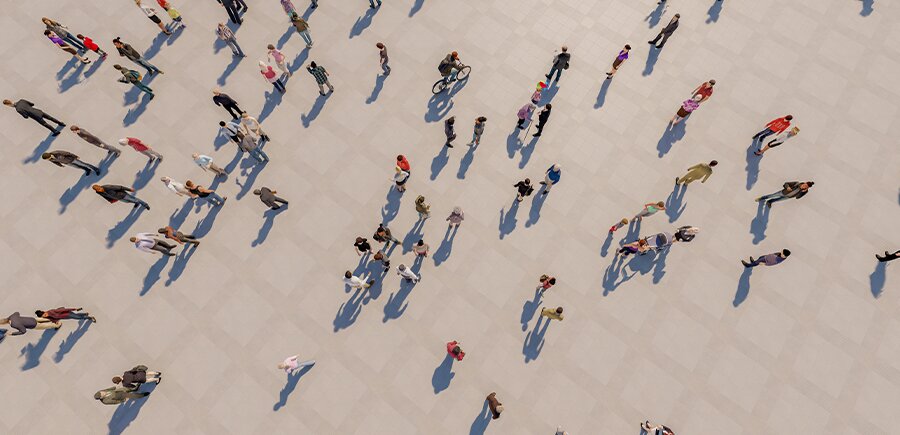Planetarity and Neural-Digital Instrumentalization
1st October| The Brain Without Organs: Planetarity, Plasticity, and Eco-cosmotechnics in Cognitive Capitalism
Tuesday
01
October
2024
7:00 pm
8:30 pm

The Saas-Fee Summer Institute of Art in Paris, in collaboration with Maison Suger and the Fondation Maison des Sciences de l'Homme, invite you to a critical discussion on the challenges of neural instrumentalisation in the digital age.
- Modified schedule: Initially at 7:30 pm, the start of the conference has been brought forward to 7 pm.
- Modified schedule: Initially at 7:30 pm, the start of the conference has been brought forward to 7 pm.
Published at 26 August 2024





